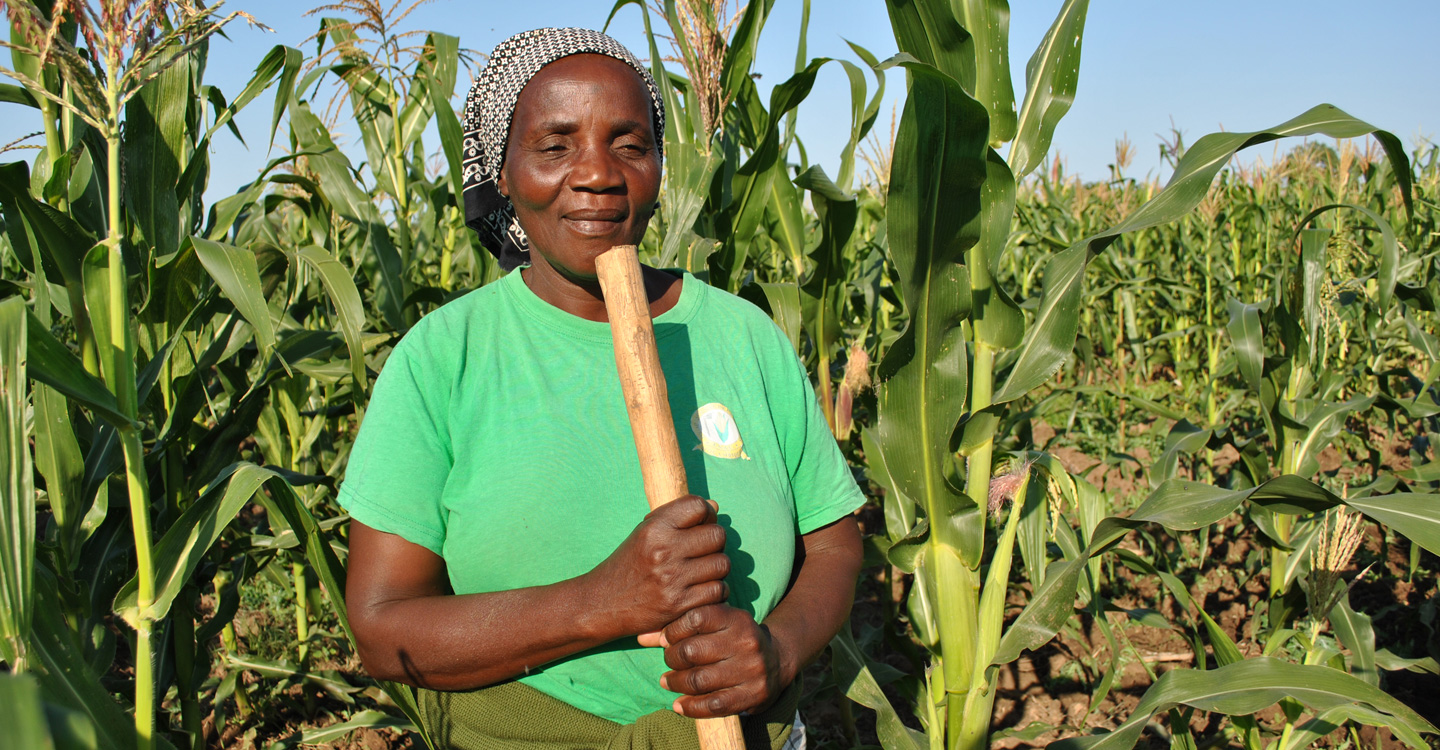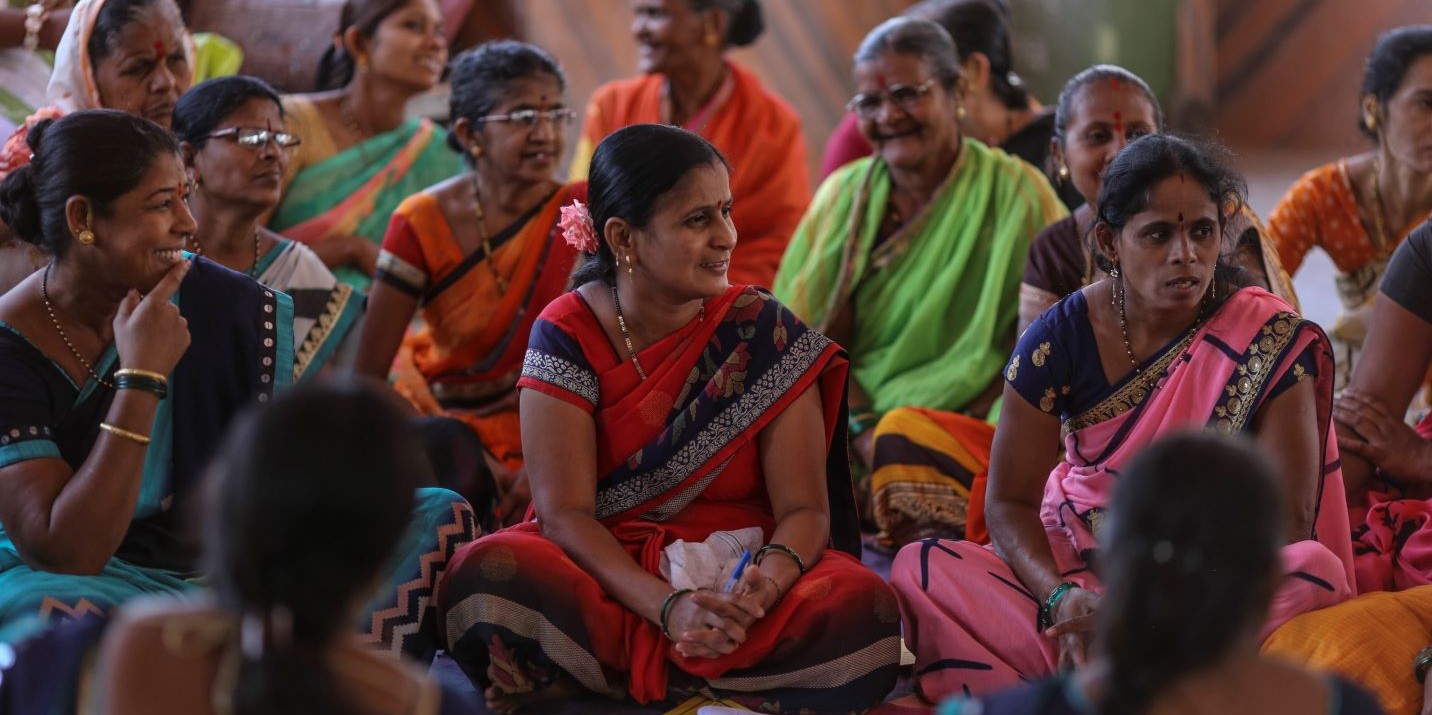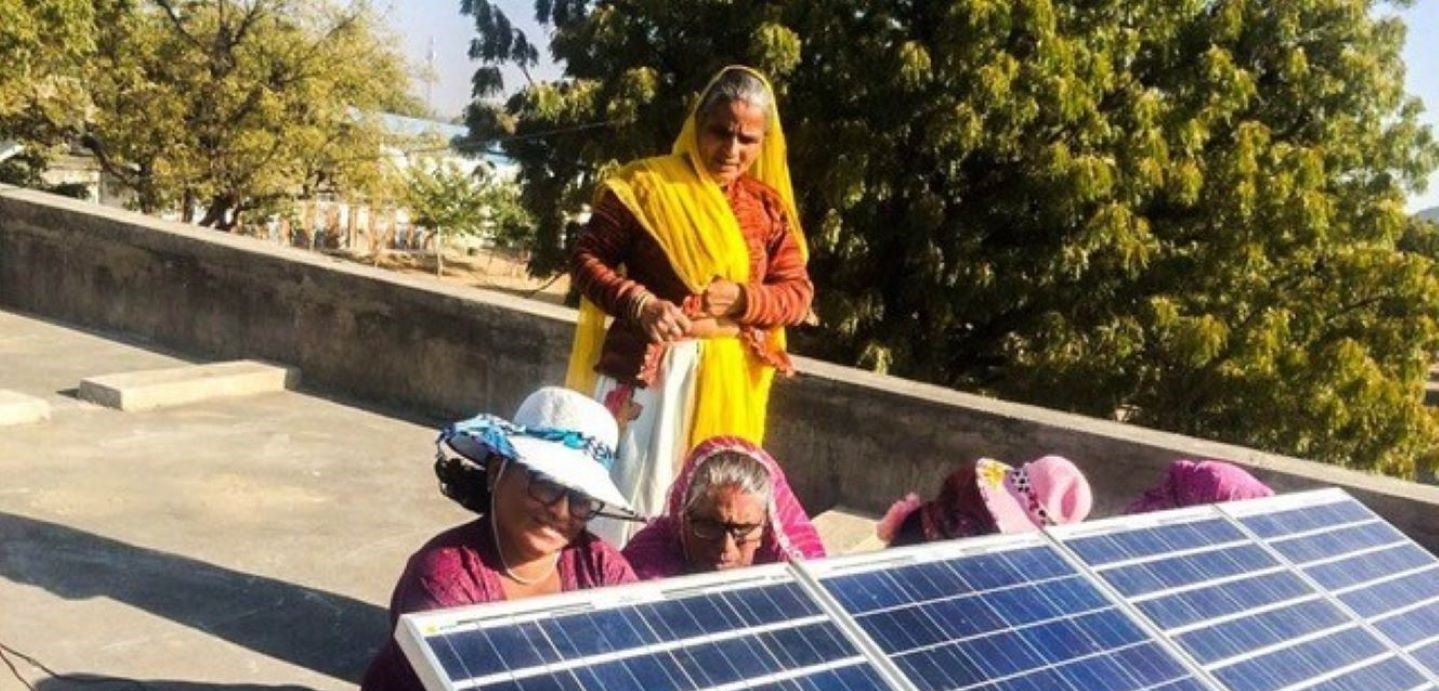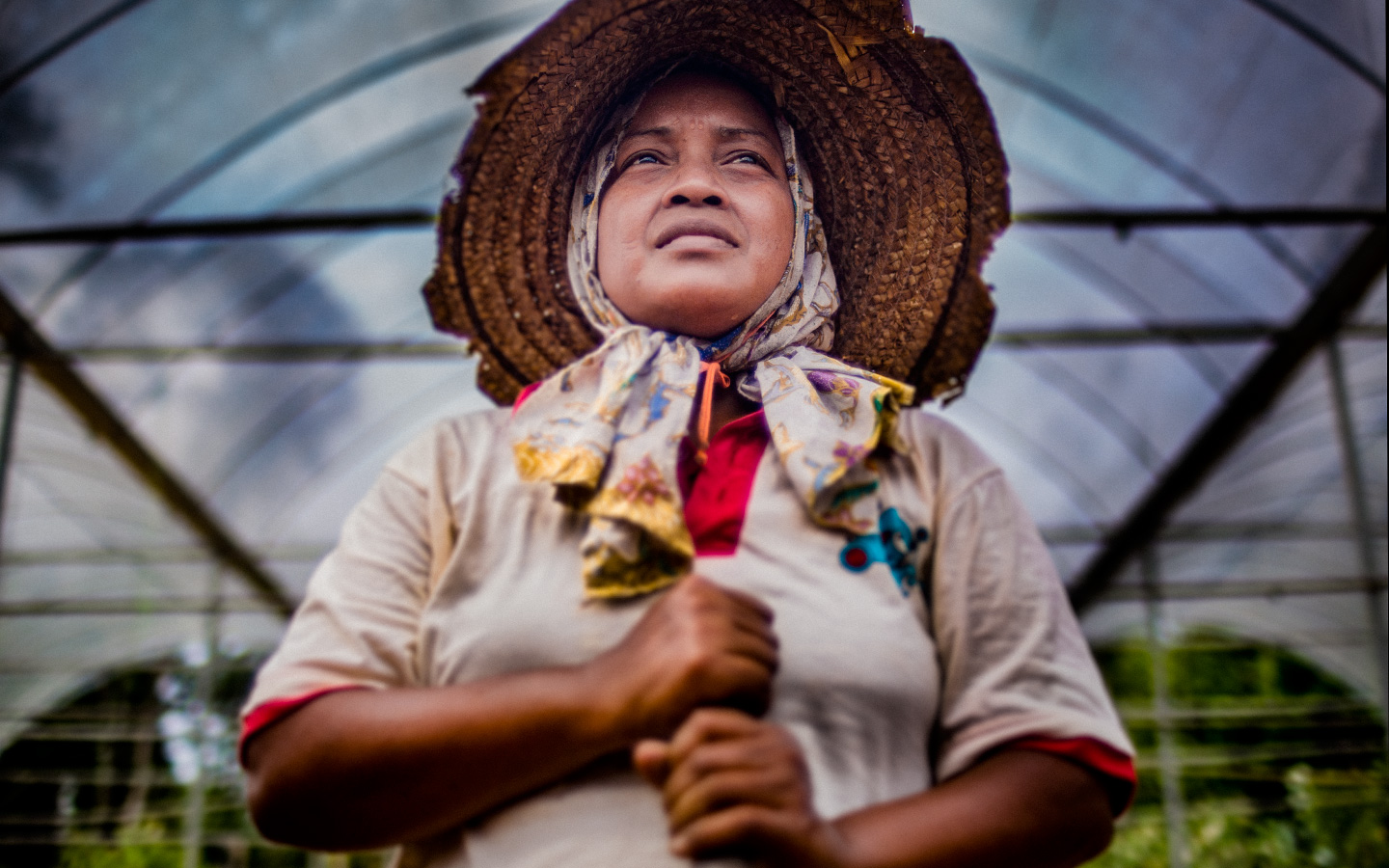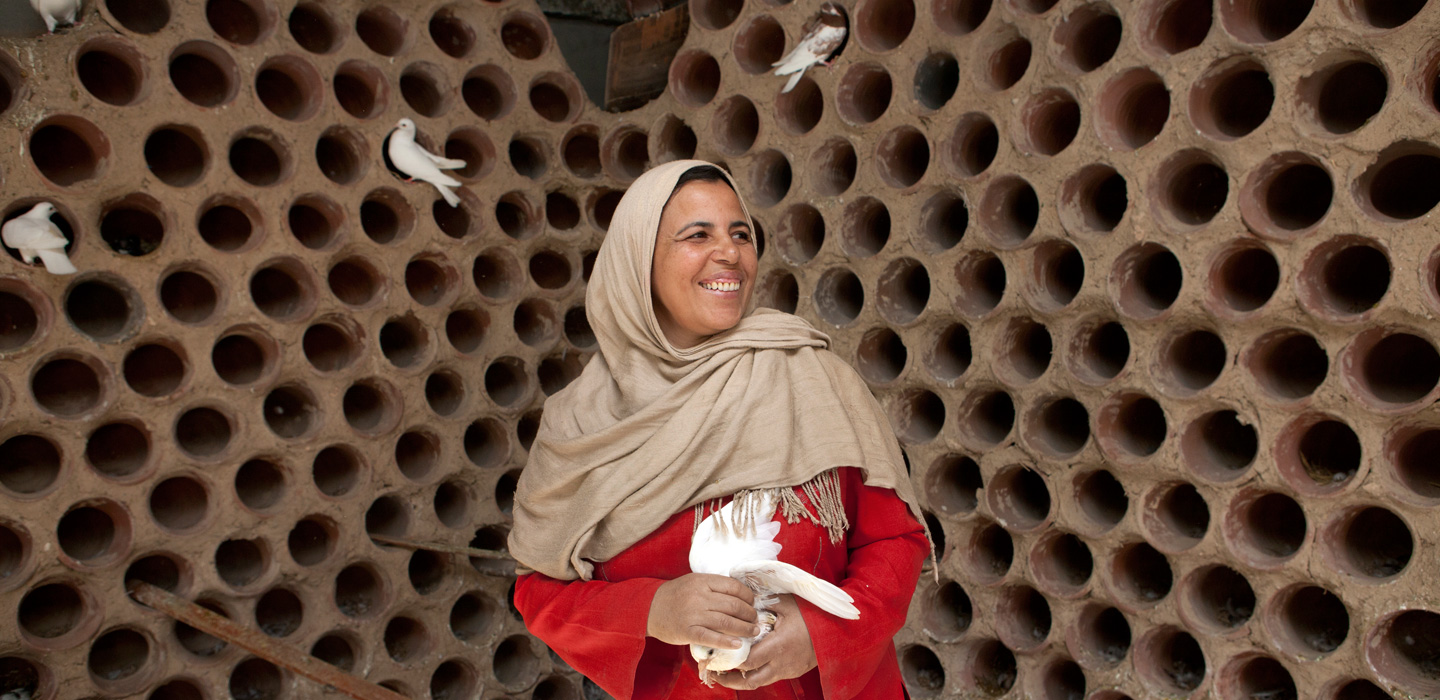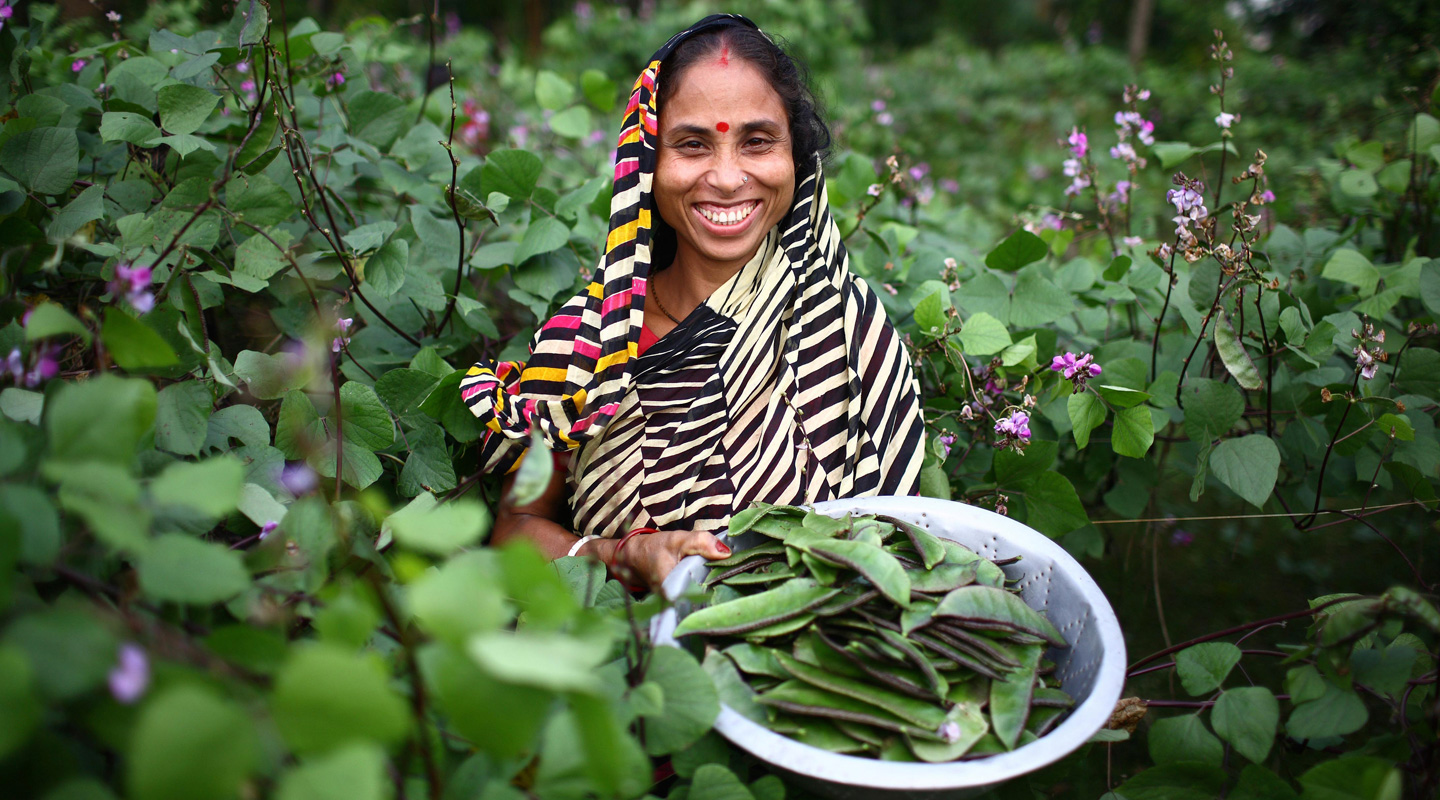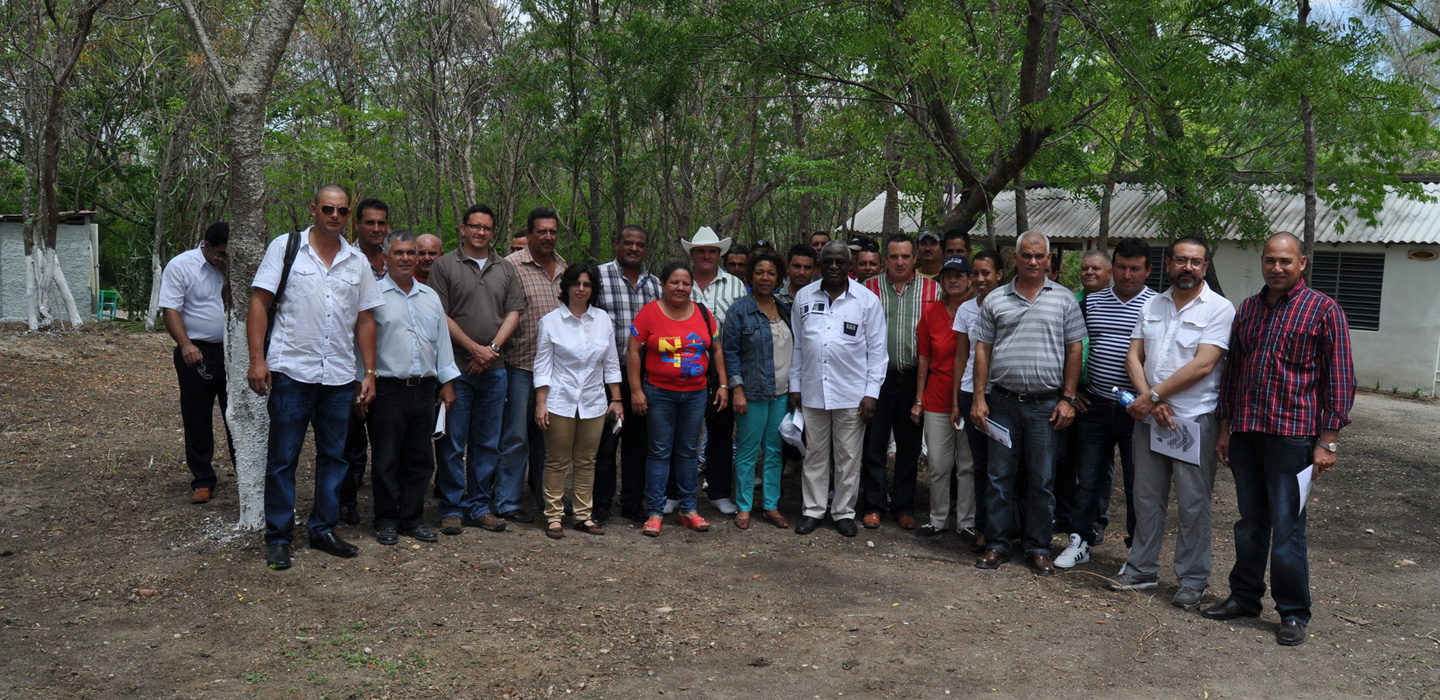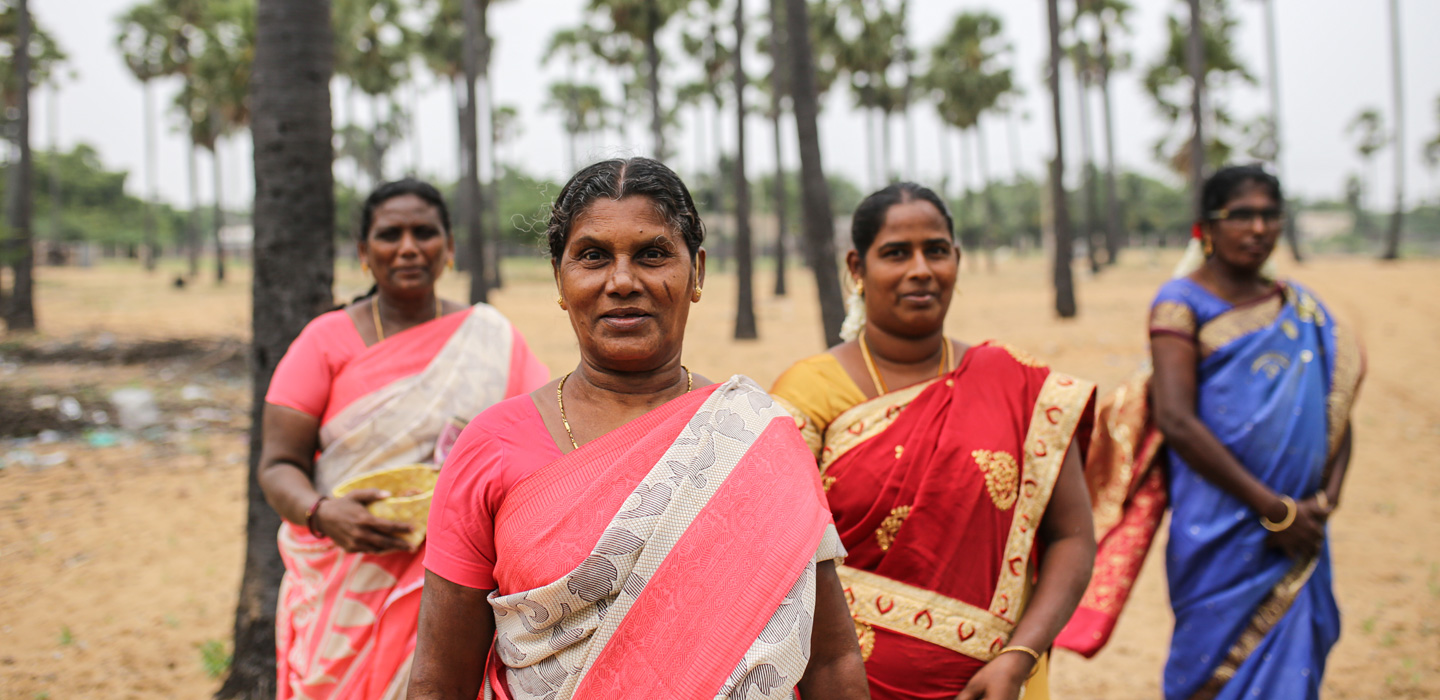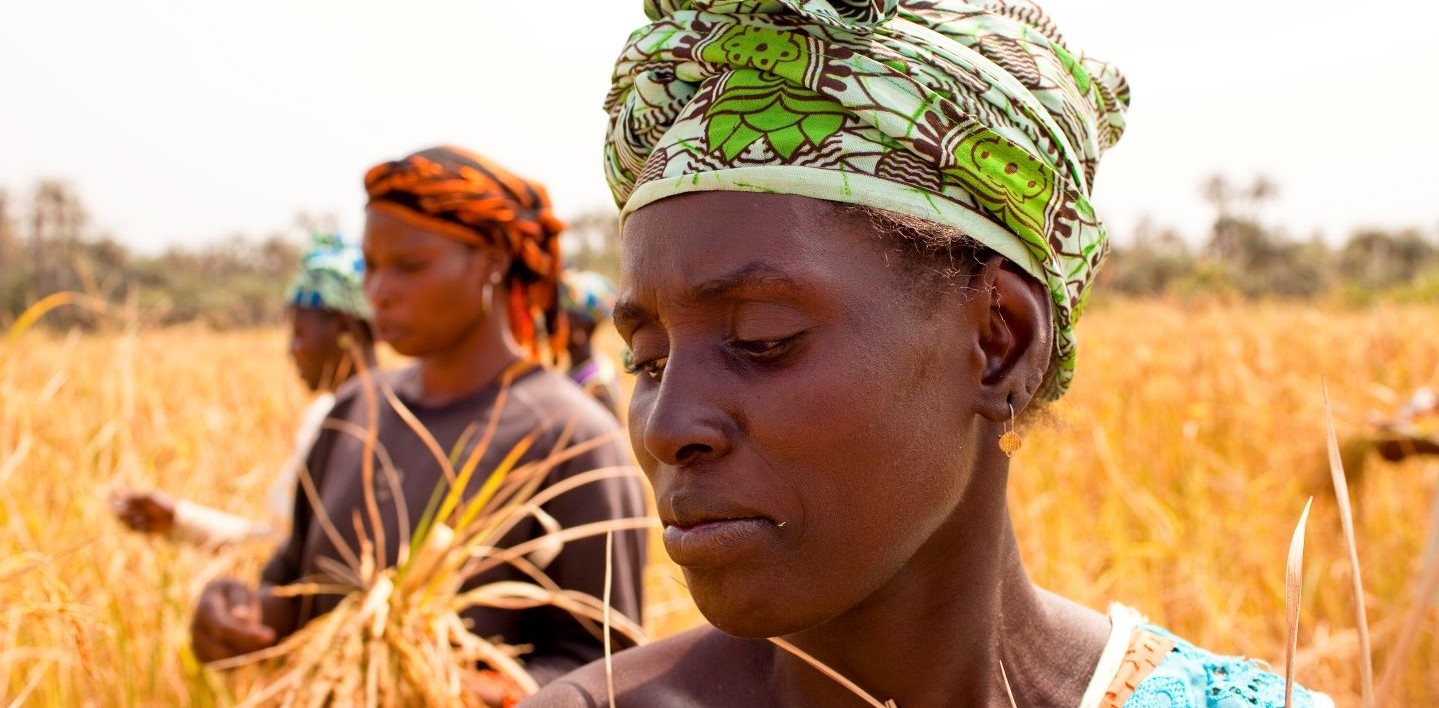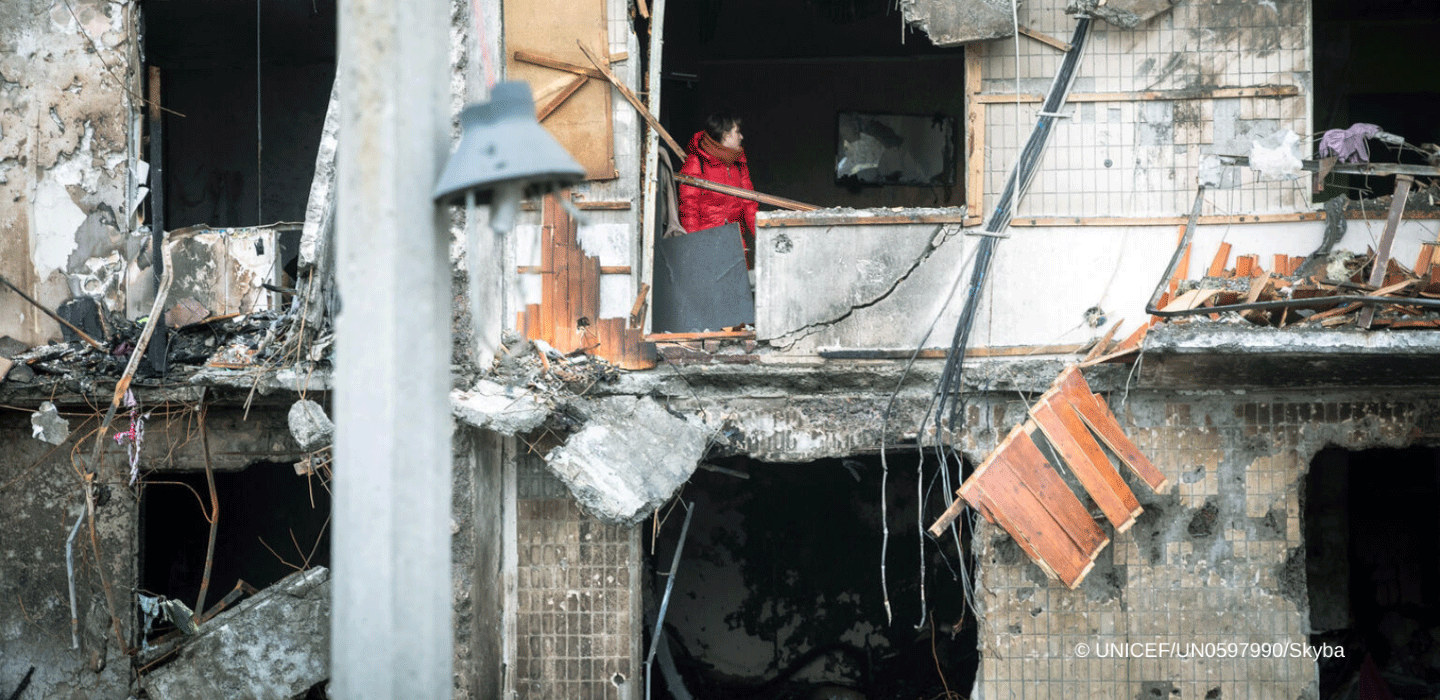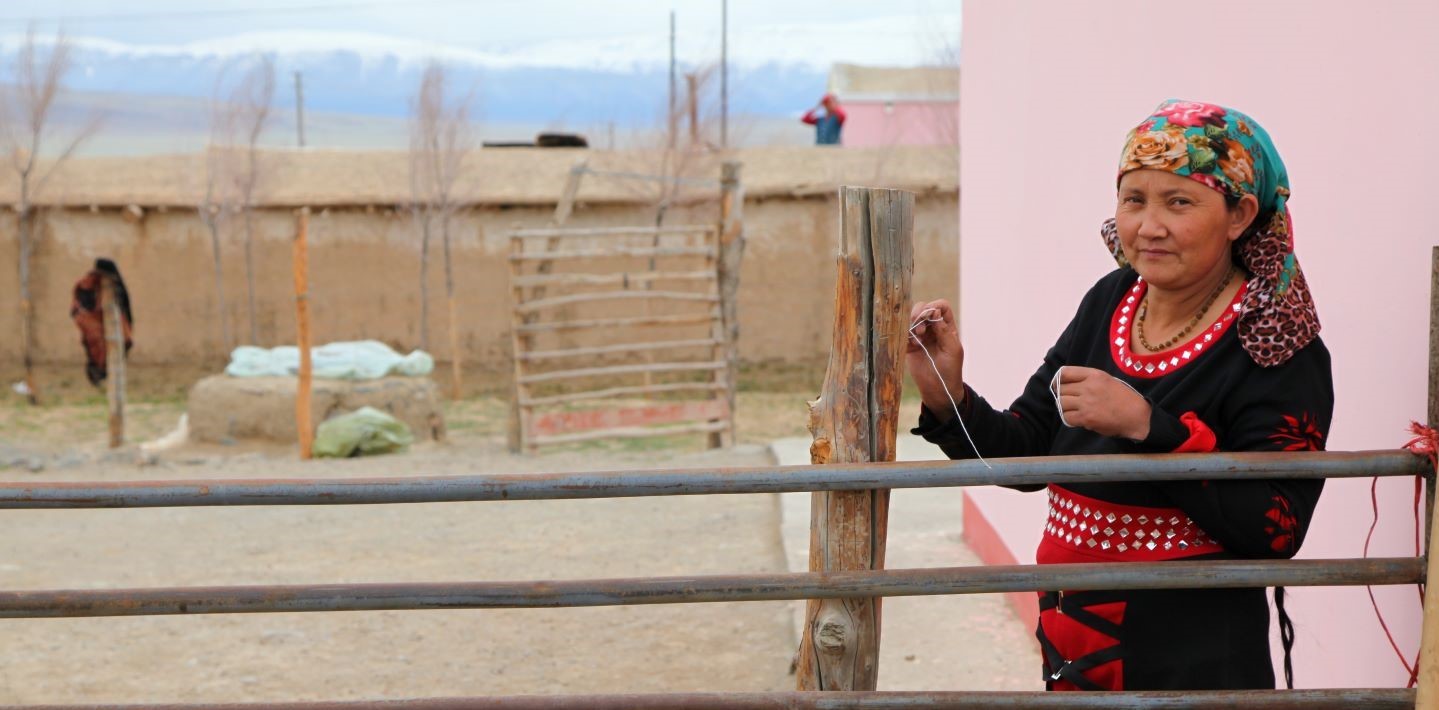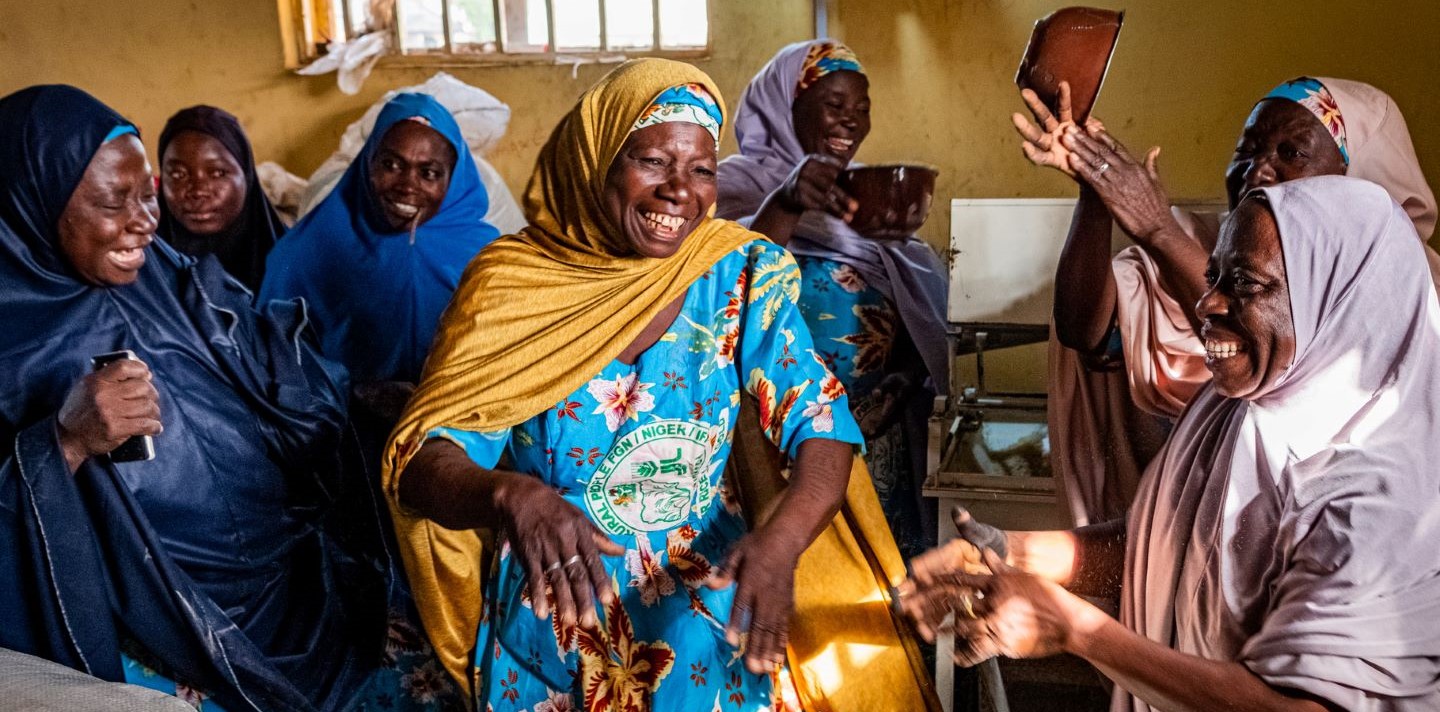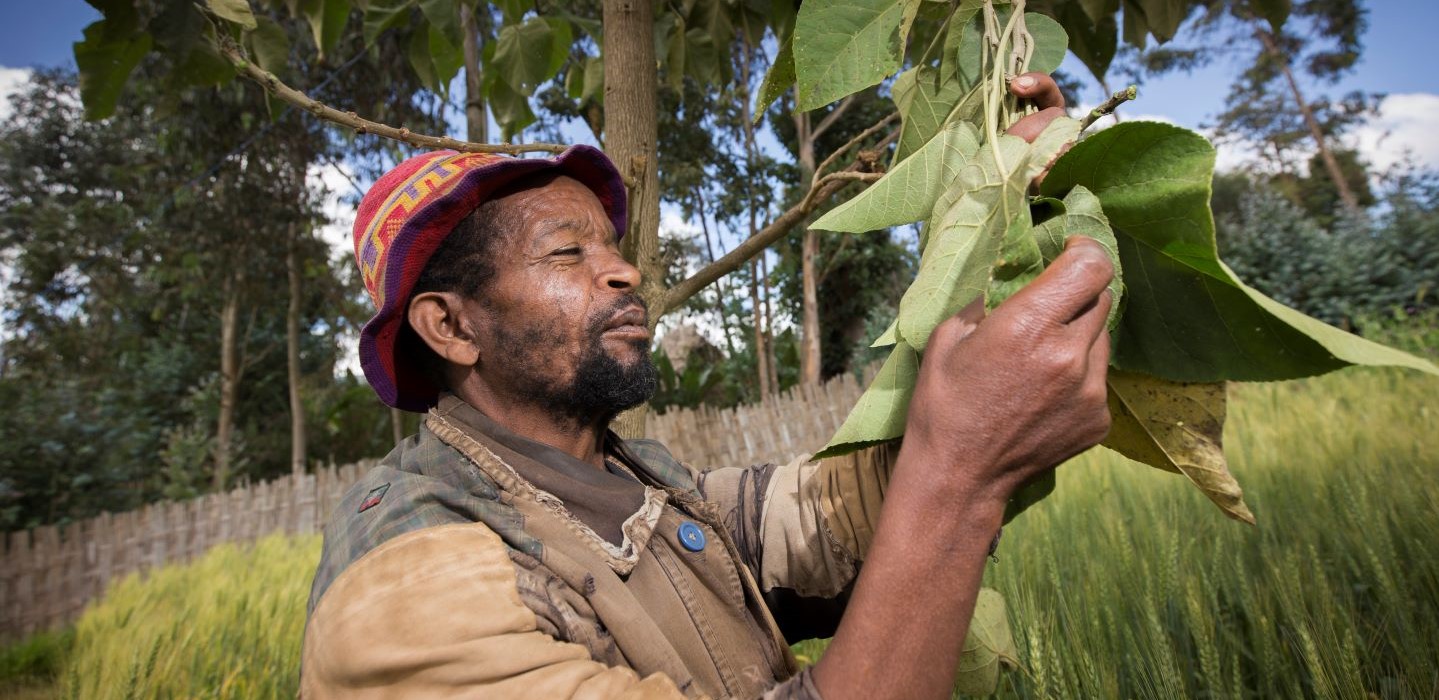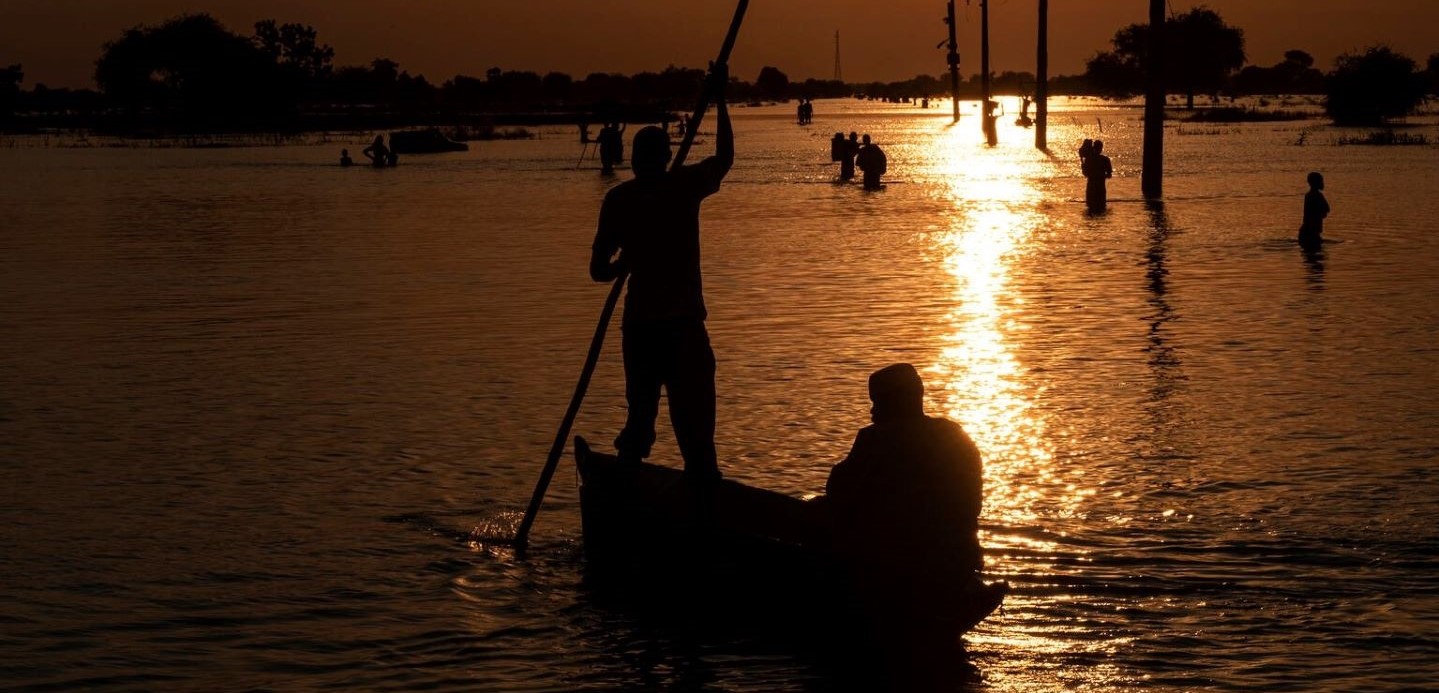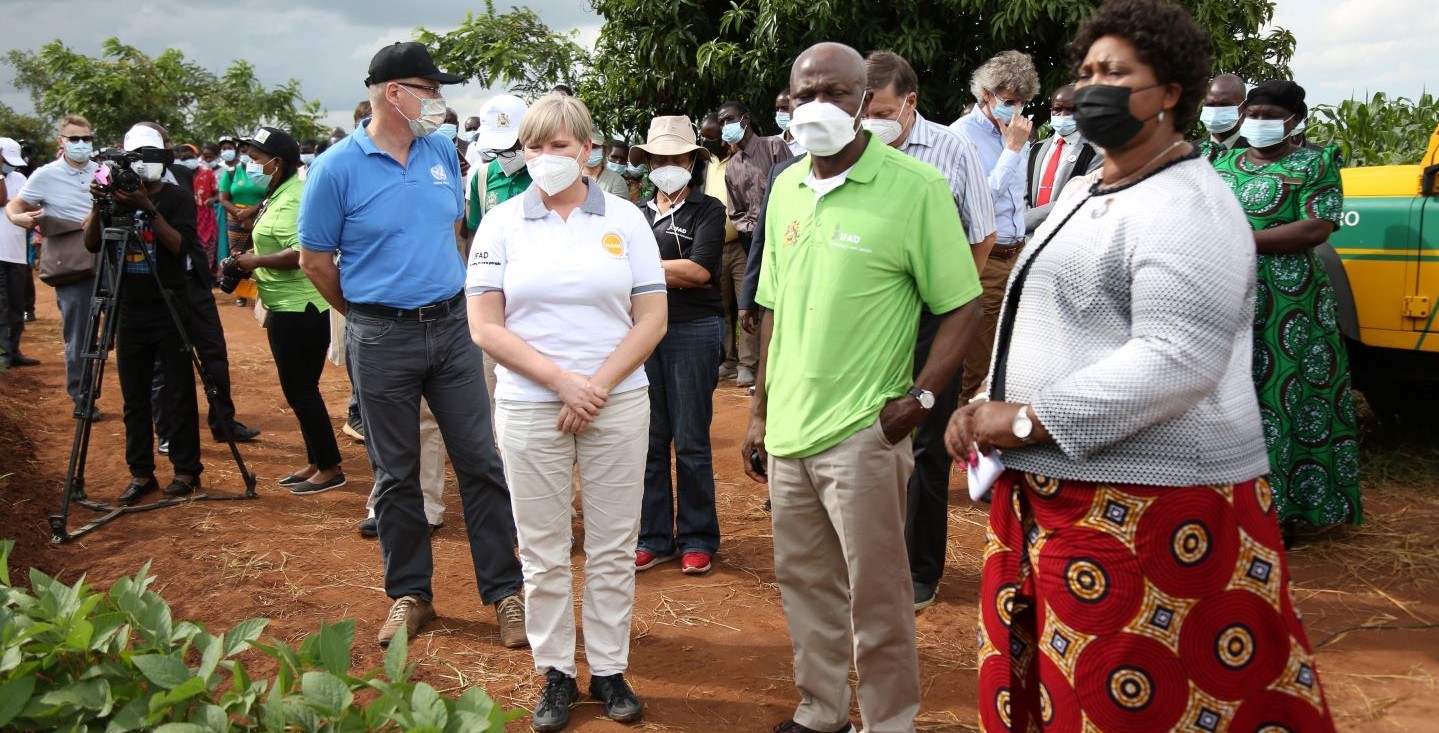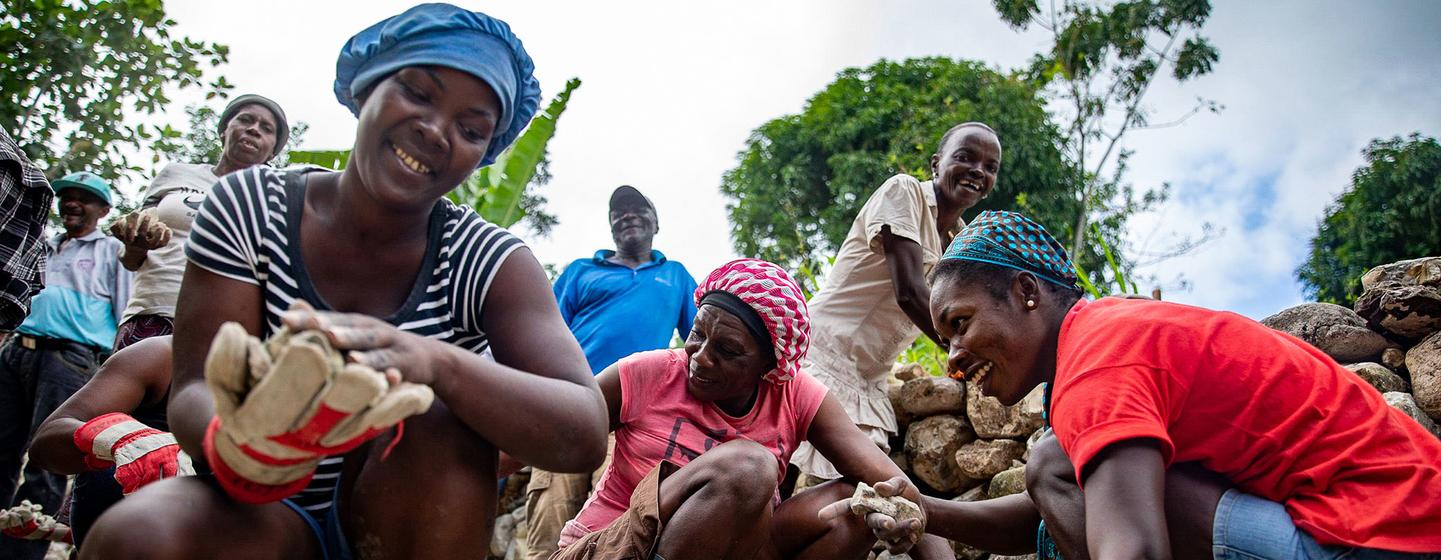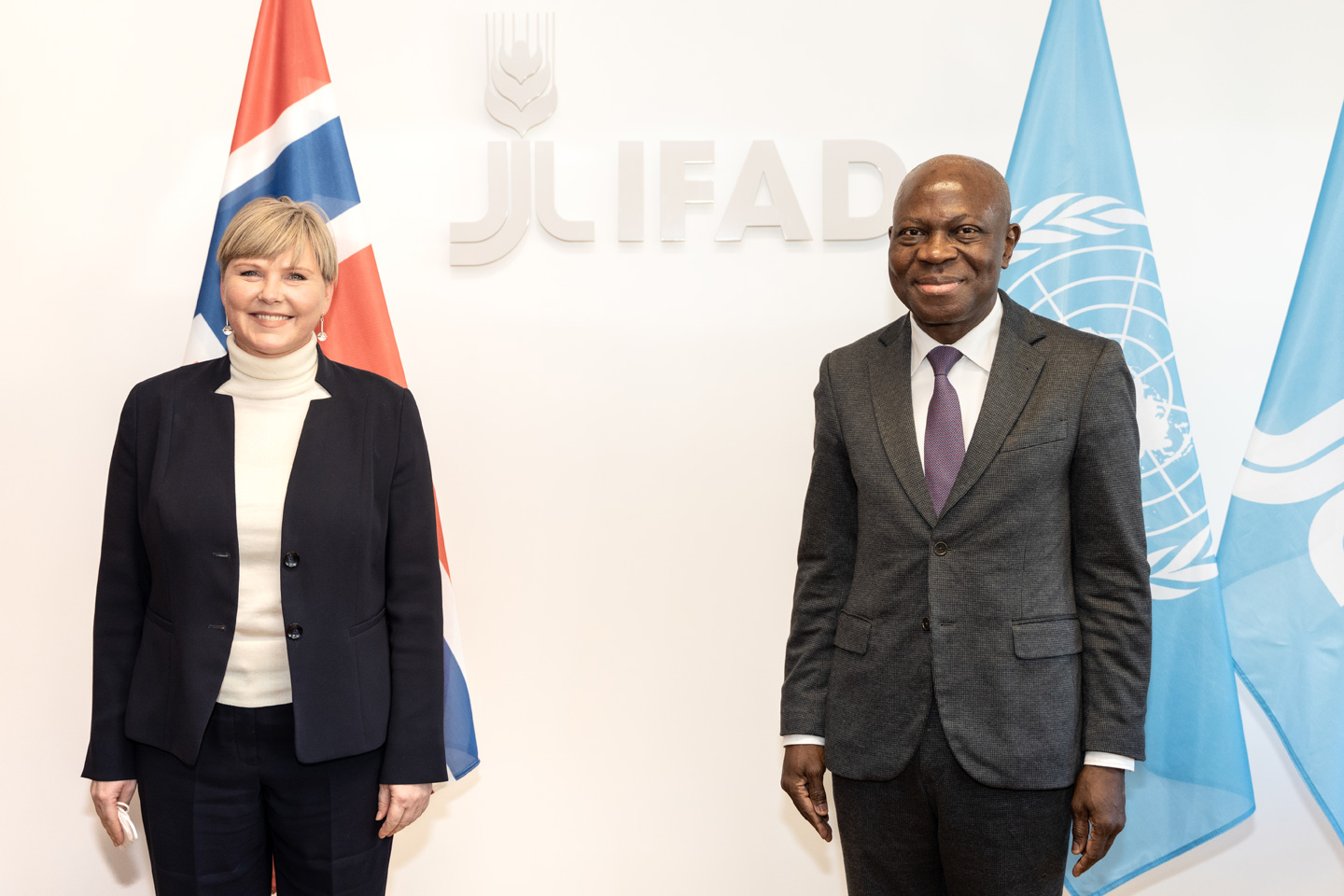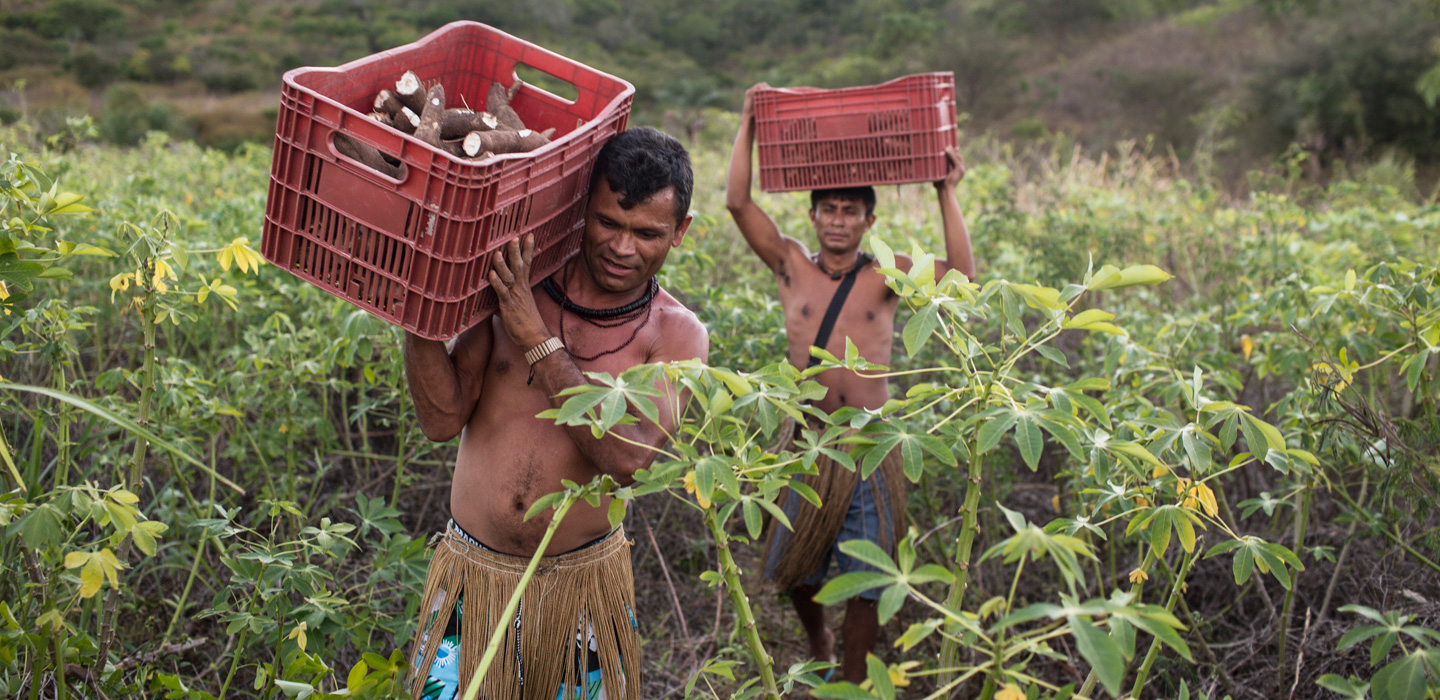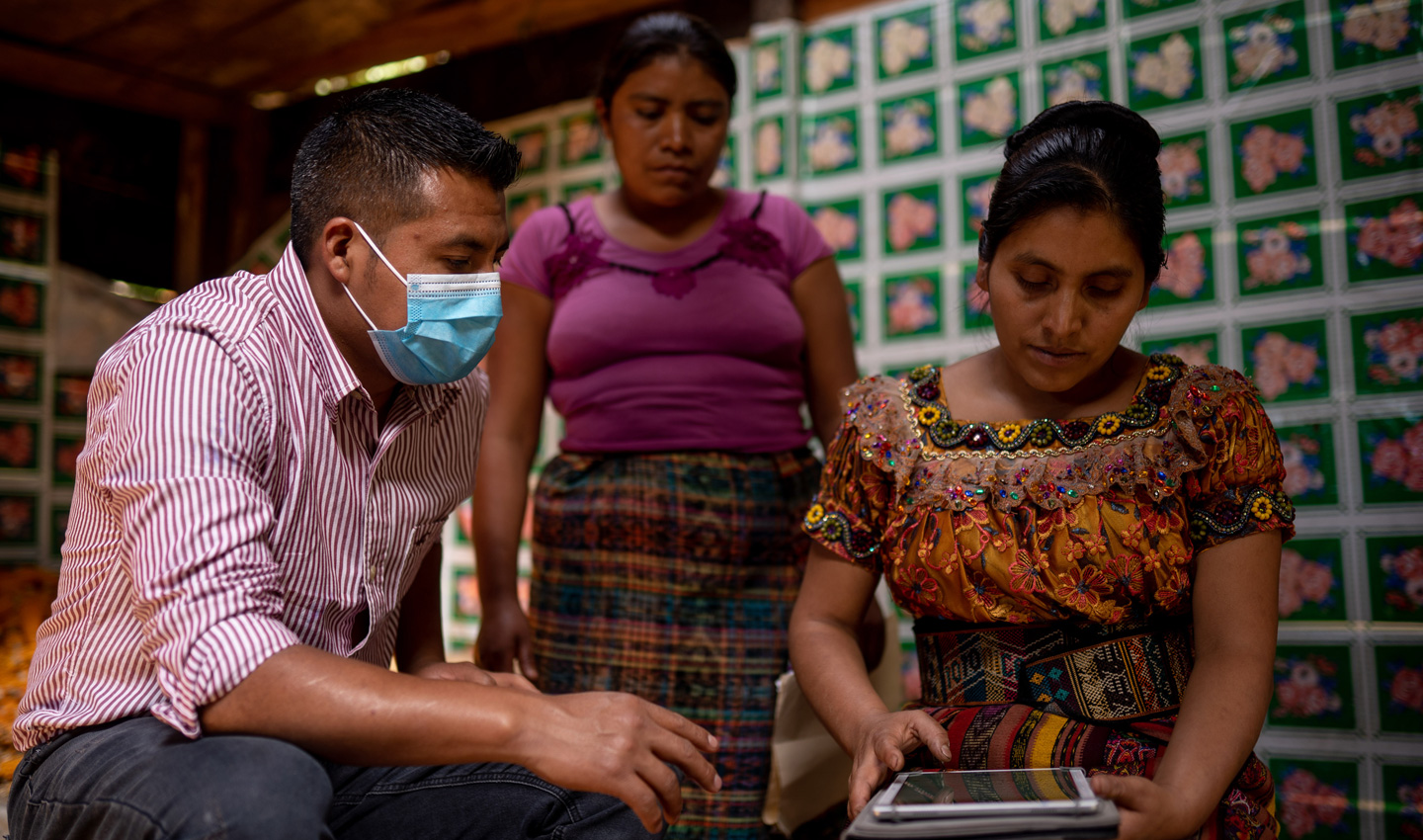Latest
Latest

Latest
Manual Submenu Topics
SearchResultsFilters
Search Results
Driving Miss Babli: Young women in Bangladesh get the chance to learn new skills
Thanks to driving lessons provided by the Haor Infrastructure and Livelihood Improvement Project - Climate Adapation and Livelihood Protection (HILIP/CALIP), a group of young rural women in Northern Bangladesh now have careers as drivers—a typically male-dominated profession.
UN Food Agencies Call for Climate Adaptation Solutions that Include Women and Girls
As climate extremes become more frequent and intense, women and girls - who are at a higher risk than men and boys of experiencing the devastating effects of the climate crisis - including food insecurity, need to be front and centre when planning and implementing climate change adaptation solutions, said three United Nations' food agencies at their joint International Women's Day event today.
On International Women’s Day, IFAD and Govt. of Maharashtra boost commitment to empower 1 million rural women
Ahead of International Women’s Day, IFAD and the Government of Maharashtra in India agreed to invest an additional US $12 million, to socially and economically empower 1 million rural women in the state through the Nav Tejaswini project.
From Guatemala, to India, to the sun and back: indigenous women are securing a brighter future with solar power
Marta had never left her community before and was nervous to travel. Many told Carmelina not to go, saying India was too far and six months was too long to be away. But despite their concerns, the two women embarked on their journey, determined to bring electricity to their communities.
Why rural women need land rights: A conversation with Steven Jonckheere
This International Women’s Day, we sat down with Steven Jonckheere, IFAD’s Senior Technical Specialist on Gender and Social Inclusion, for a conversation on why women’s land rights matter – and what IFAD is doing about it.
These numbers prove that rural women are crucial for a better future. But they're not getting what they need to succeed
Despite being largely responsible for the food on our farms and on our tables, women don’t have access to the same resources as men. Without access to land, finance, training, inputs and equipment, women can’t produce effectively, achieve financial stability or food security, or grow their businesses.
To tackle climate change, we need to empower rural women. Here are four ways to do that
Rural women already know what needs to be done to help their households and communities adapt to climate change and build resilience. Here are four ways to empower them for a climate-safe future.
IFAD-funded project to increase coffee and cocoa production in eastern Cuba while building resilience of smallholder farmers to climate change
IFAD and the Government of Cuba hosted an event today at the Hotel Nacional in Havana to launch the Agroforestry Cooperative Development Project (PRODECAFE). The project aims at increasing coffee and cocoa production in the eastern region of the country, while contributing to enhanced resilience of this region’s smallholder farmer cooperatives to climate change.
Why must we wait another generation to close the gender gap? Women are long overdue a seat at the table
Last year, the World Economic Forum revised its estimates for closing the gender gap. Shockingly, rather than reaching equality sooner, the gap has increased a generation. At IFAD, we work to achieve a more equitable rural world, one where women’s participation in decision-making is no longer an exception.
5 questions you should be asking about climate change and rural women
Women and girls all over the world are more strongly affected by climate change. For International Women’s Day, we’re taking a look at why that is and how women and girls can lead the way in adapting to the new environment.
The impact of conflict in Ukraine on global food security – statement by Gilbert F. Houngbo, President of IFAD
At IFAD we are following the situation in Ukraine with a heavy heart. We deplore the loss of life and displacement of populations, and we join the call of the UN Secretary General to end military operations, restore peace and protect human rights.
UN agency IFAD and the Chinese Academy of Agricultural Sciences release study on the impacts of COVID-19 on the rural economy
This meta-analysis study captures the key findings of the impact of the COVID-19 pandemic on the rural economy and especially on the livelihoods of smallholder farmer households.
2021 Gender Awards: Five IFAD-supported projects transforming women’s roles in rural communities
Every year, we recognize a project from each of our regions that empowers rural women and girls. Here, we present the winners of the 2021 Gender Awards.
Nutrition-sensitive investments for resilient food systems: Lessons from Ethiopia
More and more of IFAD’s development projects are focusing on nutrition as a way to optimize their impact. Our work in Ethiopia exemplifies this.
An alarm we can no longer ignore: IFAD’s reaction to IPCC’s latest report
The IPCC’s new report, “Impacts, Adaptation and Vulnerability”, underscores the urgency of climate change adaptation.
Norway puts small-scale agriculture at the center of its fight against hunger and poverty with increased funding to IFAD
Norway boosted its fight against hunger and poverty today by announcing a contribution of NOK140 million (US$14.7 million) to IFAD.
Changing the narrative on Haiti
Last year, a 7.2-magnitude earthquake caused more than 2,200 deaths and US$2 billion worth of damage in southern Haiti. In February 2022, a Donors' Conference was held to seek financial and political support for the reconstruction and relaunch of the region.
Norwegian Minister Tvinnereim and IFAD President Houngbo to visit Malawi in wake of storms to discuss climate resilience and hunger
With Malawian farmers still reeling from tropical storms that devastated crops and livelihoods in recent weeks, Norway’s Minister of International Development and the President of IFAD will visit the country to meet its leaders and small-scale farmers to discuss the impacts of climate change, and ways to build resilience.
Brazil: Sharing Buriti with the rest of the world
Brejo Dois Irmãos is a tiny and isolated community of 200 families in north-east Brazil. It hides a precious treasure: the burití, or “tree of life” in the indigenous Tupi-Guarani language.
IFAD-funded project to develop technological solutions to help smallholder farmers overcome COVID-19 impact in Latin America and the Caribbean
IFAD launched the Innovatech project today, which aims to develop agricultural (AgriTech) and financial (FinTech) digital solutions to facilitate small famers’ access to markets and to financial and non-financial services in Bolivia, El Salvador, Guatemala, Haiti, Honduras and Mexico.
